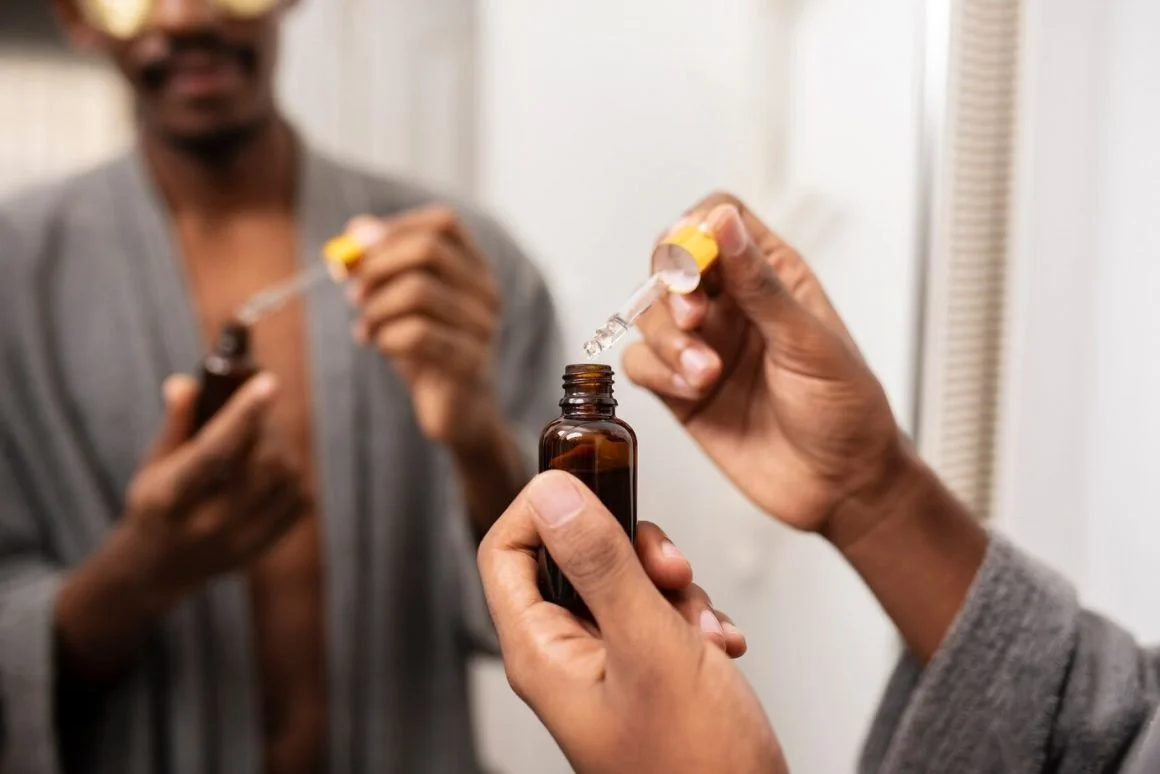New to Naturals? Here’s Our Guide to Buying Essential Oils
Stepping into the world of essential oils can feel like opening the door to an enchanted apothecary. Rows of small bottles, each brimming with the concentrated essence of plants, invite you to explore their myriad benefits. Whether you’re new to the natural wellness movement or simply looking to expand your self-care routine, essential oils offer a powerful, versatile, and often delightful way to enhance your life. But where do you begin? With countless options available, choosing the right oils can be overwhelming. Don’t worry—we’ve got you covered with this beginner’s guide to buying essential oils.
Understanding Essential Oils
Essential oils are extracted from various parts of plants—leaves, flowers, stems, bark, and roots—through processes like distillation or cold pressing. Each essential oil captures the plant’s scent, flavour, and therapeutic properties in a concentrated form.
The allure of essential oils lies in their versatility. From aromatherapy and skincare to cleaning products and even natural remedies, these oils can be used in countless ways. Lavender, for instance, is celebrated for its calming effects, while tea tree oil is renowned for its antibacterial properties. But before you rush out to buy every oil on the shelf, here are some tips to help you make informed decisions.
Start with the Basics
If you’re new to essential oils, it’s best to start with a few core options that can cover a range of uses. Here are five oils every beginner should consider:
Lavender Oil: Known for its calming and soothing properties, lavender oil is a must-have for reducing stress, promoting sleep, and treating minor burns and cuts.
Peppermint Oil: This invigorating oil is perfect for boosting energy, relieving headaches, and supporting digestion. It’s also a great natural alternative for keeping pests at bay.
Tea Tree Oil: With strong antibacterial and antifungal properties, tea tree oil is a staple for treating acne, soothing insect bites, and keeping your home free of germs.
Lemon Oil: Bright, fresh, and uplifting; lemon oil is fantastic for cleaning, mood enhancement, and skin care. It’s also known to support the immune system.
Eucalyptus Oil: Ideal for respiratory issues, eucalyptus oil helps clear the airways, fight colds, and relieve sinus congestion. It’s also a popular choice for soothing muscle pain.
Quality Matters
Not all essential oils are created equal. Investing in high-quality oils is crucial to get the best results. Here’s what to look for:
Purity: The label should state that the product is 100% pure essential oil with no added fillers or synthetic ingredients. Be cautious of terms like “fragrance oil” or “perfume oil,” as these are often diluted or artificial.
Source: Check where the plant was grown and how the oil was extracted. Organic and sustainably sourced oils are typically of higher quality.
Packaging: Essential oils are light-sensitive and should be stored in dark glass bottles. Clear bottles or plastic containers can degrade the oil’s quality over time.
Price: While it’s tempting to go for the cheapest option, remember that high-quality essential oils come at a price. If an oil seems too good to be true, it probably is.
How to Use Essential Oils Safely
As with anything potent, essential oils must be used with care. Here are some basic safety tips:
Dilute, Dilute, Dilute: Never apply essential oils directly to your skin without first diluting them in a carrier oil like coconut, jojoba, or almond oil. A general guideline is 1-2 drops of essential oil per teaspoon of carrier oil.
Patch Test: Before using a new oil, do a patch test to ensure you don’t have an allergic reaction. Apply the diluted oil to a small area of skin and wait 24 hours to see if any irritation occurs.
Avoid Ingestion: While some essential oils are marketed as safe for consumption, it’s best to consult a healthcare professional before ingesting any oil, especially if you’re pregnant, nursing, or on medication.
Store Properly: Keep your oils in a cool, dark place, and always keep the cap tightly sealed to prevent oxidation.








